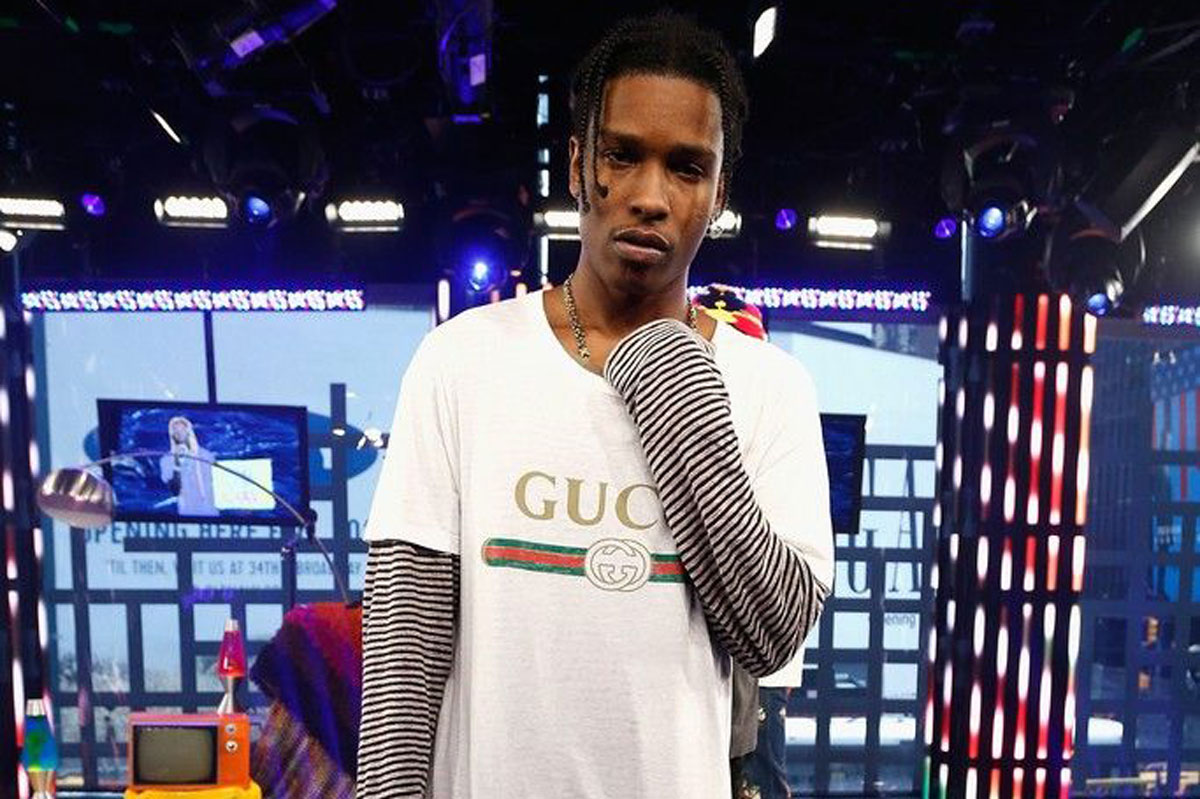Flaunting a Gucci tee, Saint Laurent sunglasses and Common Projects sneakers, you are hardly a symbol of eco-friendliness.
But the fact is, life is inherently destructive – at the end of the day, to live (and dress), you have to leave your mark.
And while – clearly – buying something from an eco-friendly company is a good start point for sustainability, it’s just one aspect of many that contribute to how ‘green’ your shirt is in the long run.
At least – that was our theory. To see if it held water we got in touch with Carla Murphy, Chief Brand and Product Officer at Icebreaker, a sustainable clothing brand that provides natural performance alternatives to synthetic-based apparel.
View this post on Instagram
Though there is something to our theory, Carla says that how a garment is manufactured is significant: “The sustainability of any product is based on how it’s designed and created,” she tells us.
This means, Carla says, “Being concerned by ‘what it’s made of..’ not only [in terms of] materials, but it’s end of life capabilities and it’s ability to be renewed. People mostly buy completely finished products. But buying finished products means we need to be conscious of it’s full lifecycle to that ‘finished’ point.”
For a piece of clothing to be sustainable (and for consumers to – knowing what they’re talking about – demand more of their clothing manufacturers) it is also crucial to be “curious about the origins, the ingredients, the supply chain processes and the end of life process.”
“Over the last two decades we’ve seen consumers learning more about what goes into certain foods and beauty products and as such shifting to adopt more natural and traceable alternatives. This shift is making its way to the clothing industry,” Carla says.
“In recent years, clothing has become a disposable item in the lives of consumers, where accepting a decrease in quality in favour of fashion has become the norm. Sadly, this is with devasting consequences to the natural world.”
But back to Gucci: is it possible that, if you cherish it more, your top-end tee could be more sustainable than a $60 pair ‘eco-friendly’ tee shirt?
View this post on Instagram
Almost certainly not (unless you literally never wear the ‘eco-friendly’ shirt and throw it in the bin, after realising you don’t like how it looks). That said, high-end products like Gucci, if you get more wear out of them, could be considered more eco-friendly than cheap fast-fashion labels.
Over to Carla: “Regardless of price or brand name, buying something you will get lots of wear out of is always a good choice. Over the last two decades the wear-it-once fast fashion culture has created irreversible effects to our environment.”
“The Ellen McArthur Foundation, reported in 2017 that one garbage truck of textiles was landfilled or incinerated every single second around the world, and as the second largest polluter of the planet the apparel industry and companies within it are needing to reset to take greater action to respond to the continued impact to air pollution, ocean pollution and our natural resources.”
Not to mention: “Synthetic fibers, a by-product of petroleum such as nylon are plastic fibers are present in over 72% of clothing, according to a recent report on clothing and pollution, [and] these products will end up in landfill and will not biodegrade.” Ouch.
“Additionally, synthetic clothing when washed, may shed over 700,000 synthetic microfibres during every wash per garment. This is affecting our waterways and is being discovered in our marine life and more recently humans. We’re yet to know the full extent of what harm this may be causing [us],” Carla adds.
“As humans we have the potential to reduce further impact to the planet but first we must rethink our relationship with clothing, and start buying less, and when we do buy, we need to make sure that it is more sustainable and higher quality so it lasts longer.”
